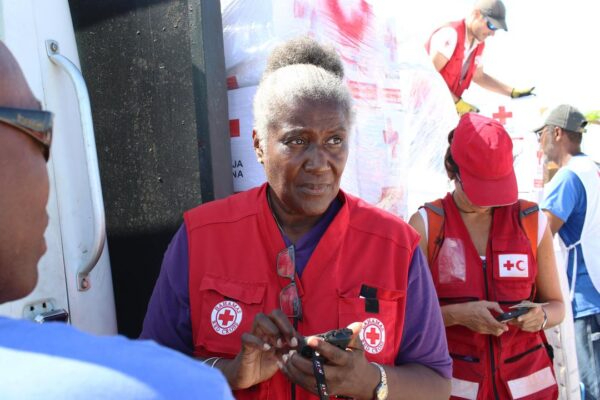SONATAnotes
How Better Anti-Harassment Training Helps NGOs Avoid Scandal and Promote Gender Equality

As if times weren’t difficult enough for NGOs, the sector has been embarrassed by multiple news stories regarding sexual misconduct by field staff and harassment within the headquarters of major development organizations.
So, what can NGOs do, on a practical level, to foster a more equitable and ethical organizational culture, where these things are less likely to happen?

Emil Heidkamp is the founder and senior learning strategist at Sonata Learning. He works with NGOs, corporations and government agencies to implement training and knowledge management initiatives impacting thousands of learners in over 50 countries.





